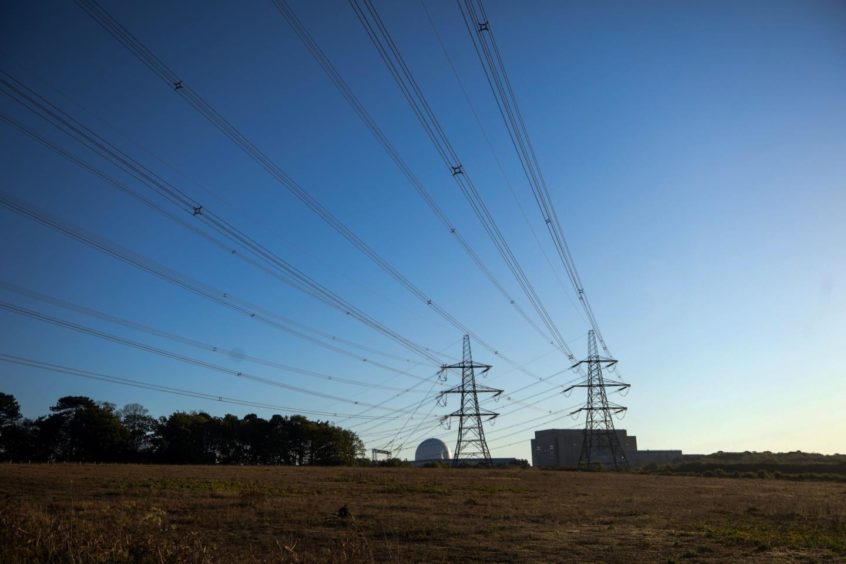
The European Commission has confirmed that some gas and nuclear resources will be acceptable in the energy transition.
The European Union Taxonomy Complementary Climate Delegated Act has the aim of guiding companies’ investments to the goal of achieving climate neutrality by 2050.
The commission said there “is a role for private investment in gas and nuclear activities in the transition”. Gas and nuclear activities “are in line with the EU’s climate and environmental objectives”, it said. These will help move consumption away from higher polluting sources.
In order for gas and nuclear to be considered acceptable, they must meet various conditions. For instance, they must “contribute to the transition”. Nuclear must meet safety requirements and gas must help move away from coal.
“Our mission and obligation is climate neutrality. We need to act now if we are to meet our 2030 and 2050 targets,” executive vice president Valdis Dombrovskis at the European Commission said. The act intends to provide a “just transition, as a bridge towards a green energy system based on renewable energy sources. It will accelerate the private investment we need, especially in this decade.”
Commissioner of Financial Services Mairead McGuinness highlighted the role of increased clarity. “We are boosting market transparency so that investors will be able to easily identify gas and nuclear activities in any investment decisions,” the commissioner said.
The group projects that gas will provide 22% of its energy consumption in 2030 and 9% in 2050.
Scrutiny
The European Parliament and Council will have four months to consider the document. There is an option for another two months of scrutiny.
The Council has the right to object to the plans through a qualified majority. That is, it will need at least 20 member states. The Parliament would require a majority of its members, at least 353 MEPs.
If these two bodies approve, the act will enter into force as of January 1, 2023.
Reclaim Finance set out its objections. Campaigner Paul Schreiber said gas and nuclear power would still benefit from being “taxonomy aligned” and could, therefore, win financing from banks, investors and states.
“The taxonomy thus becomes a tool of institutional greenwashing, one that makes a mockery of the EU’s desire to position itself as a sustainable finance leader,” he said.
The NGO said Hungary, Poland and the Czech Republic had backed gas and nuclear plans. France, it alleged, had provided its support through a deal under which it would endorse both gas and nuclear.

